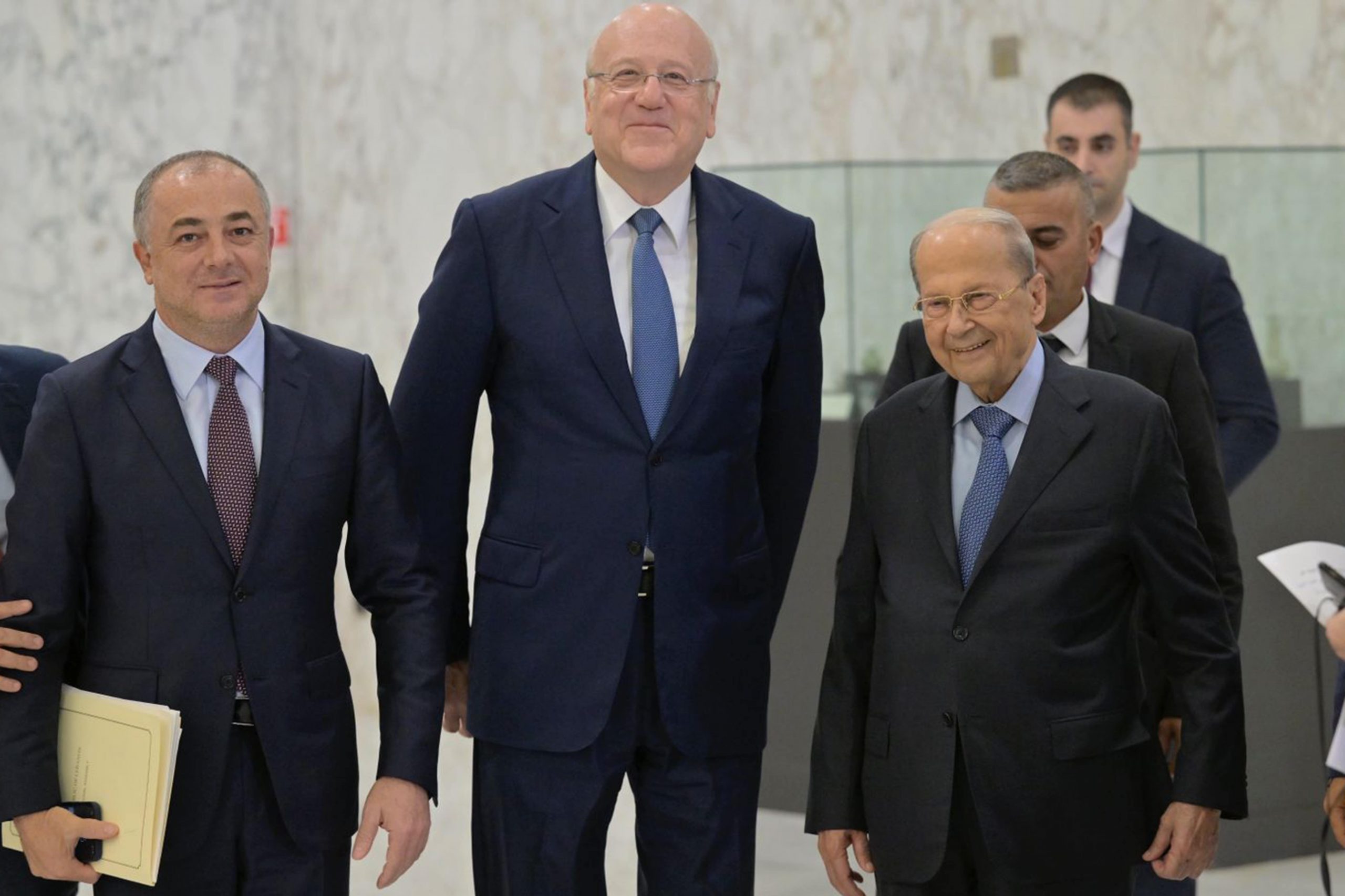Lebanon and Israel participated in indirect maritime border discussions for two years, with the United Nations and the United States sponsoring and mediating the talks.
On Tuesday, Beirut and Tel Aviv agreed on the final form of the contract by American mediator Amos Hochstein.
Prime Minister of Israel, Yair Lapid declared a “historic agreement” with Lebanon on their maritime boundary issue.
Earlier Tuesday, Lebanon expressed satisfaction with a United States draft on maritime boundary delineation with Israel, adding that it protects the country’s “rights to its natural resources.”
According to reputable Lebanese sources, the following are some of the stipulations of the agreement:
The official marine route between Lebanon and Israel will be Line 23.
Lebanon will maintain all its rights to the Qana gas field, including the portion south of Line 23 in Israeli economic territory.
In exchange for this concession, Israel will get financial compensation from the French Company TotalEnergies for extracting natural gas from the Qana field.
Israel will purchase the Karish gas field in its entirety, including exploration and drilling rights south of Line 23 inside its economic zone.
The removal from the final text of the agreement of the part about the “buoy line” that Israel had wanted as the starting point for demarcating the maritime boundaries and which it used to block fishermen from crossing.
This problem will be resolved when the file on the land boundaries between Lebanon and Israel is opened; a step considered a triumph for Lebanon in separating the marine and land demarcations.










